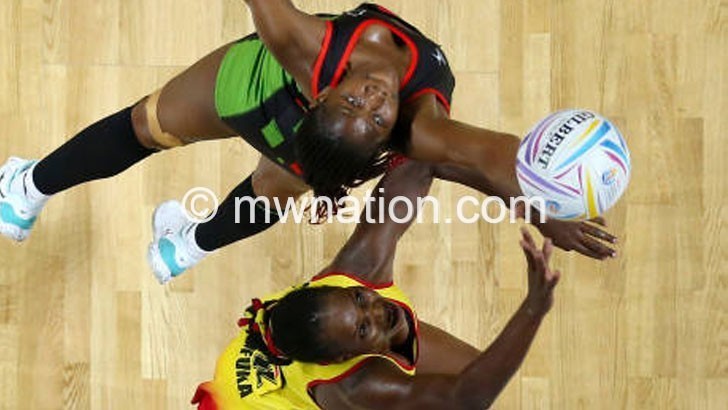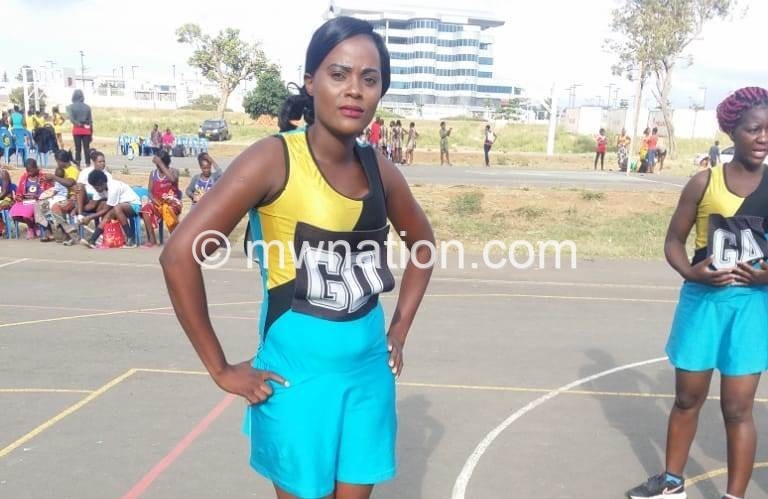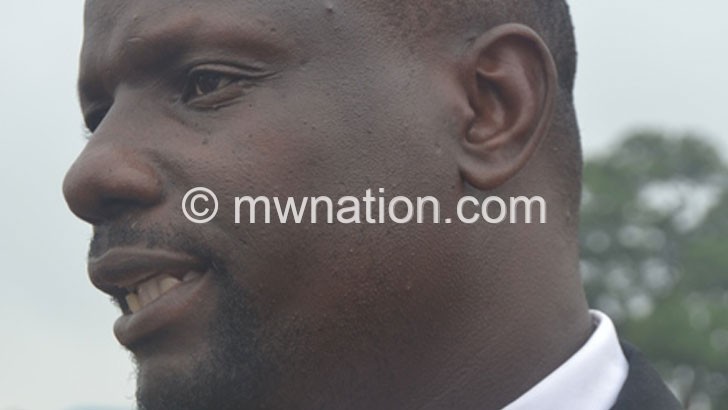Africa’s familiar World Cup question
The identity of Africa’s 2014 Fifa World Cup torch bearers in Brazil is partly different from those of the 2010 South Africa event, but a familiar question haunts this fiercely passionate football continent.
Can an African team claim a first World Cup trophy from the noses of football giants such as holders Spain, record five-time winners Brazil and media favourites England?
This question once again confronts Africa kings Nigeria, Algeria, Cameroon, Ghana and Cote d’Ivoire going into the latest World Cup kicking off on June 12 in Brazil. South Africa is the only African side from the 2010 list missing on the trip to Brazil.
In the World Cup history, Cameroon have made the most appearances, seven, with Ghana, the Indomitable Lions and Senegal holding a relatively impressive record in reaching quarter-finals.
Getting beyond the last eight has never been easy.
But there are some who feel a combination of an abundance of talent and experience of the likes of Samuel Eto’o, Asamoah Gyan, Winfred Bony and Yaya Toure as well ‘familiar’ southern favours African representatives.
Bony has just an impressive debut English Premiership season with Swansea City whereas for Yaya Toure of Manchester City, it is the ‘skin colour’ theory that some attribute to his being overlooked for the English Player of the Year Award. Luis Suarez scooped it.
One of those placing faith in Africa is England manager Roy Hodgson who, on the premise of ‘familiar’ weather, on December 13 2013 was quoted as telling The Daily Mail: “I’d bet on an African side winning the World Cup more than us”.
The weather factor falls flat on its back considering that even when the World Cup took place in South Africa in 2010, the hosts Bafana Bafana did not even make the group stage.
The rest, most notably Ghana, merely managed a quarter-final slot before being booted out controversially by Suarez’s trick for Uruguay.
If African team merely make the familiar quarter-final stage, it would not be surprising for those who have played in Europe and Africa and are able to compare. Mali legend and former skipper Frederick Kanoute is among those.
If you ask Kanoute, it is not about a lack of talent that has Africa being rendered king makers of the tournament: “We have the potential to win it, but we are always late in organisation and preparation.”
Kanoute’s remarks, which the BBC Radio broadcast had barely digested when news spread that the Cameroon’s Indomitable Lions were rocked in a game bonus dispute that has over the years become all too familiar.
The Cameroun FA eventually resolved to give each of the 23 players $104 000 each in appearance fee. It was certainly the last hassle Eto’o expected for a team in group of heavyweights hosts Brazil, Croatia and Mexico.
“I am hopeful it will not affect the harmony in the group and the training ahead,” Eto’o told the international press.
There are even doubts on African teams’ prospects on the pitch. Whether it is an issue of tactics being found wanting or players failing to transfer club form to country, the challenges are many.
The Black Stars have a strong midfield boasting veterans Michael Essien, Sulley Muntari, Andre Ayew and Kwado Asamoah, but since the era of Anthony Yeboah, Ghana has lacked a prolific scorer to put away the chances they create for fun. Clinical Germany, Portugal and USA are in Ghana’s group.
In Bony, Gervinho, Tiote and Toure brothers, Cote d’Ivoire should strike fear in opponents Colombia, Japan and Greece, but while the Elephants have good individuals, it is debatable whether they have a good team.
Cote d’Ivoire should get to the quarter-final, but not beyond whereas Cameroon lack balance of a strong team, overdependence on Eto’o’s tired legs will be their undoing.
Vincent Enyeama, Victor Moses, Mikel Obi and Joseph Yobo and Sunday Mba present Nigeria a fair chance in a group comprising Iran, Argentina and Bosnia-Herzegovina.
But the big boss Stephen Keshi has a tactical job cut out for him for a squad that does not have the best of defences. Enyeama’s brilliance masks the weaknesses of the central defence. A quarter-final chance looks possible.
Elsewhere, an imitation of European direct playing style has always proved too inferior for North African teams when facing the masters; hence, nothing should be expected from Algeria.
On this basis, Pele’s dream that an African national team would win a first-ever World Cup trophy remains nothing but what it is. African teams are the worst enemy of themselves.





